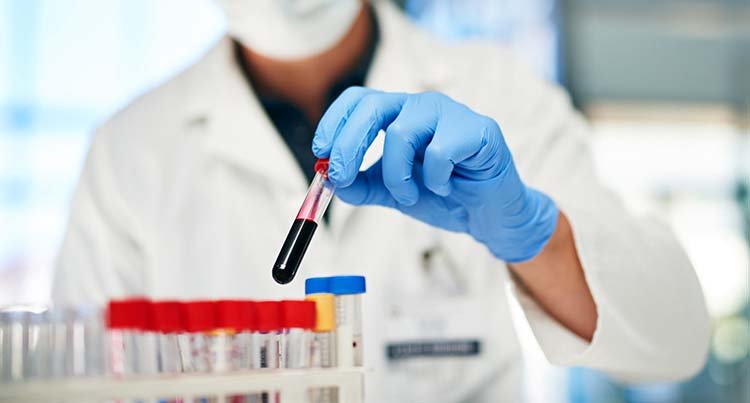CLINICAL HEMATOLOGY AND TRANSFUSION MEDICINE

COSMOS Hospital hematologists are experts in treating blood cancers and non-cancerous blood disorders. From the most common to incredibly rare hematologic diseases, hematology specialists at COSMOS Hospital use the latest technology and information to work with you to diagnose your condition.
Transfusion medicine is the branch of medicine that is concerned with transfusion of blood and blood components. It encompasses issues of blood donation, immunohematology and other laboratory testing, transfusion practices, therapeutic apheresis, stem cell collections, cellular therapy, and coagulation. Laboratory management and understanding of state and federal regulations related to blood products are also a large part of the field.
Blood banking is the process that takes place in the lab to make sure that donated blood, or blood products, are safe before they are used in blood transfusions and other medical procedures. Blood banking includes typing the blood for transfusion and testing for infectious diseases.
Our physicians take time to listen to your concerns and are dedicated to doing what is medically best for every patient.
Blood cancer can be hard to identify in the beginning stage. There may not be any sign or symptom until cancer reach an advanced age. At other times, Cancer symptoms may be mistaken for other diseases such as the flu. Leukaemia, Multiple Myeloma, and Lymphoma are three different forms of blood cancer. These conditions may have unique symptoms, but they share among themselves certain common symptoms of blood cancer as well.
Some common blood cancer symptoms include:
- Coughing or chest pain
- Frequently occurring infections
- Fever or chills
- Fatigue
- Itchy skin or rash
- Fast and unexplained loss of weight
- Frequent and easy bruising
- A swelling or lump in the stomach, groin, or neck region
- Pain in the joint/bone
- Night Sweats
- Shortness of breath
- Loss of appetite or nausea
- Persistent weakness and fatigu
Leukaemia is a blood cancer that starts within the bone marrow where the blood cells are made. Some forms of the Leukaemia presents very acutely so that it gets worse quickly. The patient may suffer from infections easily and may become sick all of a sudden. The chronic form of the disease takes years to manifest itself and hence there are no symptoms for a long period. An indicated blood test may reveal abnormal blood counts.
When the body fails to make enough of Red Blood Cells (RBCs), or makes defective RBCs that cannot function normally, symptoms of anaemia occur. These include:
- Chest pain
- Shortness of breath
- Pale skin
- Dizziness
- Fatigue
Blood cancer may also affect the platelets are necessary for clotting of blood. Symptoms of this condition include:
- Increased bleedings tendencies
- The occurrence of tiny and red dots on the skin
- Bleeding of the gum
- Unusual/abnormal bruising
- Stools that are red or black in colour
- Heavy menstrual periods
- Lymphoma symptoms
Cancer also affects the Lymphocytes or the white blood cells so that they grow abnormally and do not function well. The body fails to fight the infections. Swelling in the lymph node is a common symptom of lymphoma and the lump may occur in the groin, armpit, or neck region. The swollen lymph nodes may also press against other organs and cause symptoms and conditions such as chest/joint/bone pain, breath shortness, and coughing. Enlargement of the spleen may result in bloatedness.

